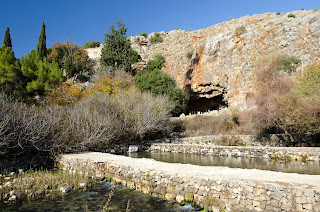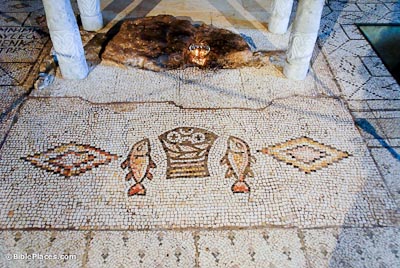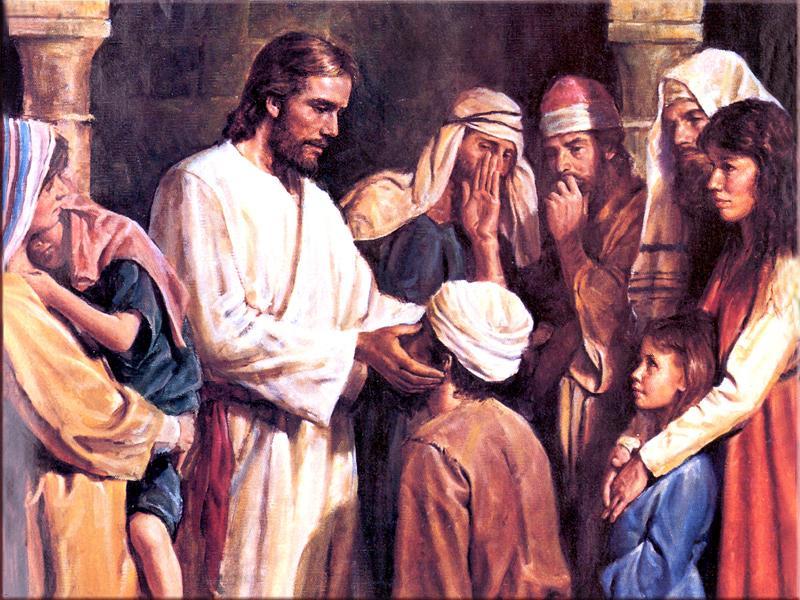 |
| Photo by Marcus Dall Col on Unsplash |
Mark 9:1And He said to them, "Assuredly,
I say to you that there are some standing here
who will not taste death till they see
the kingdom of God present with power."
Comments:
To put this verse in context, Jesus had been teaching about his own imminent death as well as the death to oneself required by discipleship. Here in the first verse of chapter nine, it appears that Jesus took a moment to speak an encouraging word to the people and his disciples. Some would not die until they had seen the kingdom come in power. They had confessed him as the Messiah and they thought that he would be a conquering hero, but he had told them that he would suffer, die, and rise again. Peter had rebuked him and Jesus sternly rebuked Peter for having the mind of man rather than setting his thoughts on the things and the way of God.
Jesus' word here is that while he would die as the suffering servant Messiah (see Isaiah 53), they would still witness the power of the presence of the kingdom of God within their lifetime!
Jesus, the Son of David's reassuring statement echoed the imagery of David's prayer in 1 Chron. 29:10-13,
Therefore David blessed the Lord in the presence of all the assembly. And David said: “Blessed are you, O Lord, the God of Israel our father, forever and ever. Yours, O Lord, is the greatness and the power and the glory and the victory and the majesty, for all that is in the heavens and in the earth is yours. Yours is the kingdom, O Lord, and you are exalted as head above all. Both riches and honor come from you, and you rule over all. In your hand are power and might, and in your hand it is to make great and to give strength to all. And now we thank you, our God, and praise your glorious name.
Was Jesus telling them that everything was all in God's hands and that he would bring it to pass? Was he suggesting that those who have faith will always see the power of the kingdom from that time on? Perhaps.
The question we struggle to answer is what was the time when this was this fulfilled? There are a number of possibilities that have been suggested. Was it...
· Six days later on the Mount of Transfiguration?
· At the Resurrection?
· At the Ascension?
· Or on the Day of Pentecost?
Any of these moments would probably fit just fine. The point is that Jesus' promise was fulfilled. Maybe in more ways than one! Lord, give us eyes to see you at work!
Not only that, but the Kingdom of God is still present with power. Hallelujah!
But will we partner with him in extending the kingdom of God in the midst of a world filled with violence, racism, hatred, selfishness, abuse of power, and countless ways that fallen people continue to do hurtful things to others who were made in the image of God?
In times like this, we need hope that we can help make a difference. In the 1st Century, as the Apostle Paul neared the end of his letter to the church at Rome, he prayed, "May the God of hope fill you with all joy and peace in believing, so that by the power of the Holy Spirit you may abound in hope." (Rom. 15:13) A prayer that still turns our hearts back towards trusting God and pays dividends in joy and peace!
Even so, Lord, come quickly!






















